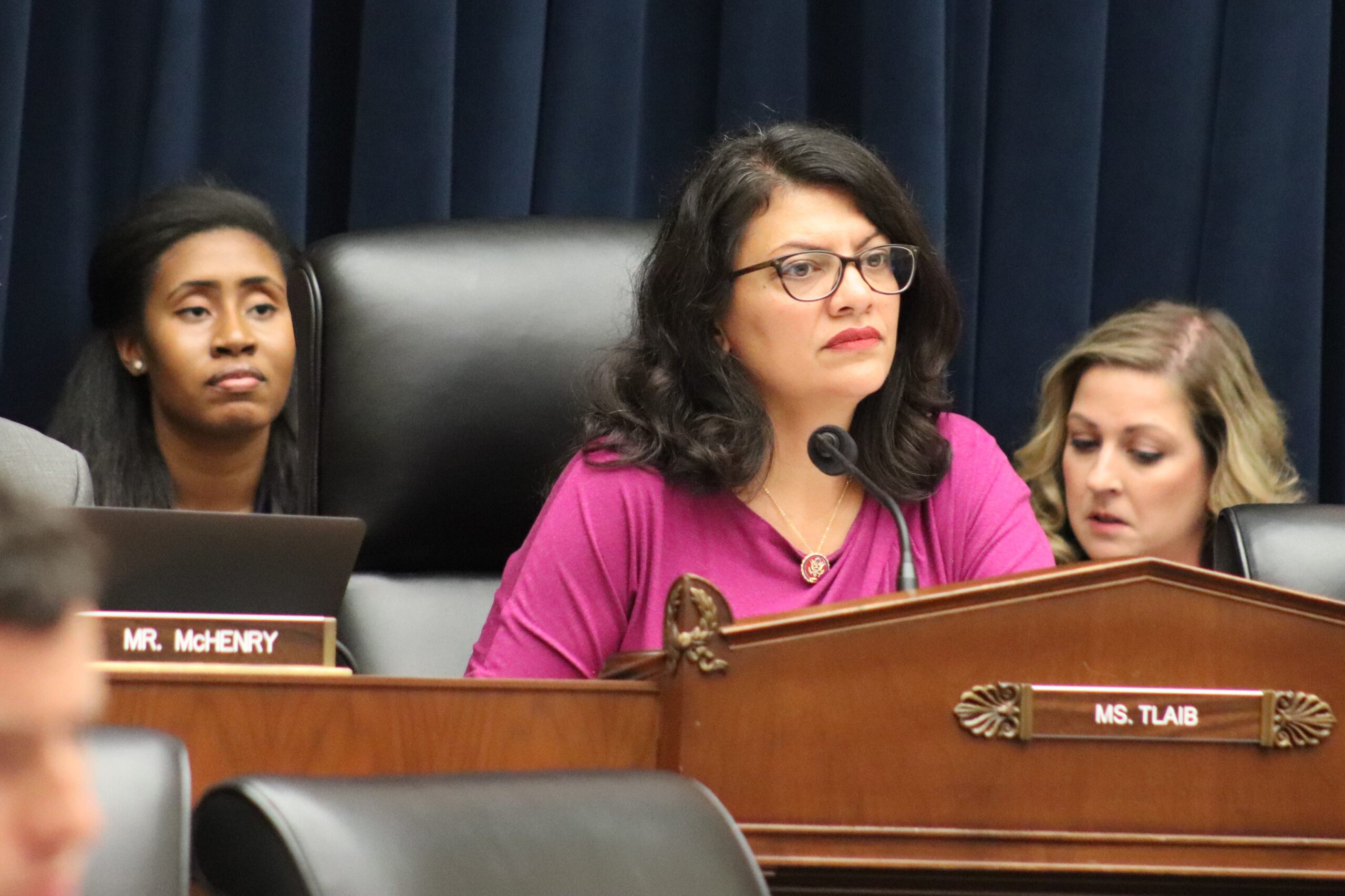
Ridley Scott: The Filmmaking Mastermind Who Unwittingly Sparked A Political Firestorm
Introduction
Ridley Scott, the acclaimed filmmaker known for cinematic masterpieces such as Alien and Blade Runner, recently sparked a political firestorm with his comments on casting diversity in historical films. His assertion that historically accurate casting was paramount, even if it meant overlooking actors from diverse backgrounds, ignited a heated debate on representation and inclusivity in the film industry.
Scott's Controversial Statement
In an interview with Variety, Scott expressed his view on casting diversity: "I can't mount a film with a multiracial cast. Not because I don't want to, but because it's not accurate."
This statement sparked immediate backlash, with many critics accusing Scott of promoting a narrow and exclusionary view of history. They argued that historical accuracy did not have to come at the expense of inclusivity, and that diverse casting could enrich the narrative by reflecting the true diversity of human experience.
Historical Accuracy vs. Representation
Scott's comments reignited the long-standing debate between historical accuracy and representation in cinema. Proponents of historical accuracy argue that filmmakers have a responsibility to depict the past as it actually was, even if it means excluding actors from underrepresented groups.
On the other hand, advocates of representation contend that cinema has a powerful role to play in challenging stereotypes and promoting inclusivity. They believe that casting actors from diverse backgrounds can help break down barriers and create more authentic and resonant narratives.
The Data on Diversity
According to a study by the University of California, Los Angeles, only 13.9% of speaking roles in the top 100 films of 2019 were held by actors from underrepresented racial and ethnic groups. This data underscores the significant lack of representation in the film industry.
However, it is important to note that historical films face unique challenges in achieving diversity. The historical record may not always reflect the full range of human diversity, and filmmakers may be limited in their casting choices to ensure accuracy.
Different Perspectives
Filmmakers' Perspectives
Some filmmakers share Scott's view on historical accuracy. Mel Gibson, for example, cast an all-white cast in his 2016 film Hacksaw Ridge, despite the fact that the real-life protagonist, Desmond Doss, served alongside soldiers of diverse backgrounds.
Other filmmakers, such as Ava DuVernay, believe that historical films can and should be more inclusive. Her recent film Selma featured a predominantly African American cast, despite the historical fact that white people also played significant roles in the Civil Rights Movement.
Historians' Perspectives
Historians also have differing opinions on the issue. Some argue that historical accuracy is paramount and that filmmakers should prioritize it over representation. Others believe that inclusivity can enhance historical narratives by providing a more complete and nuanced perspective.
For example, Dr. Erica Armstrong Dunbar, a history professor at Rutgers University, argues that "historical accuracy is not monolithic" and that it can be expanded to include the experiences of underrepresented groups.
Audiences' Perspectives
Audiences also have diverse perspectives on the issue. Some prioritize historical accuracy, while others believe that inclusivity is more important. A 2020 survey by the Pew Research Center found that 63% of Americans believe that it is important to include racial and ethnic diversity in films.
Conclusion
The debate over historical accuracy vs. representation in cinema is a complex and multifaceted issue with no easy answers. Ridley Scott's controversial comments have brought this issue to the forefront, sparking important conversations about the role of inclusivity in storytelling.
While historical accuracy is an important consideration, it should not be used as an excuse to exclude actors from diverse backgrounds. Filmmakers have a responsibility to create narratives that reflect the true diversity of human experience, even when it challenges traditional notions of historical accuracy.
The ongoing debate will likely continue as the film industry grapples with the challenge of balancing historical accuracy with representation. By engaging in respectful and thoughtful dialogue, we can work towards creating a more inclusive and authentic cinematic landscape.
Post a Comment